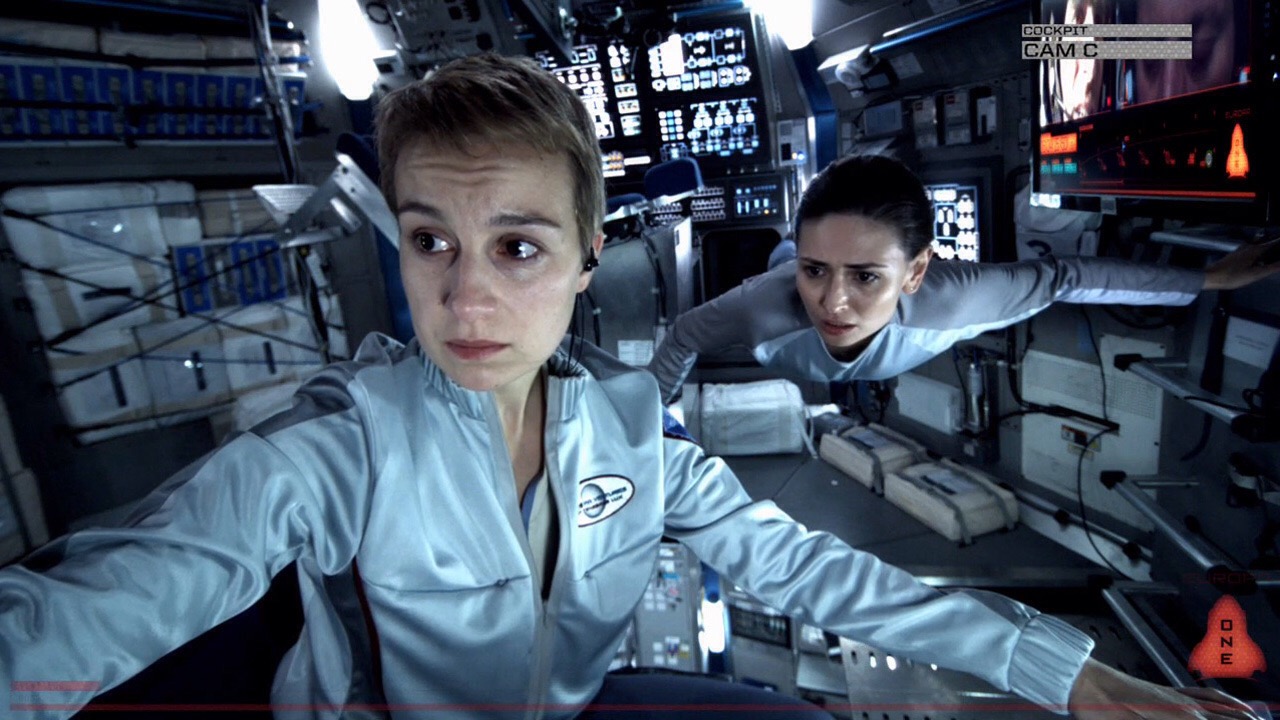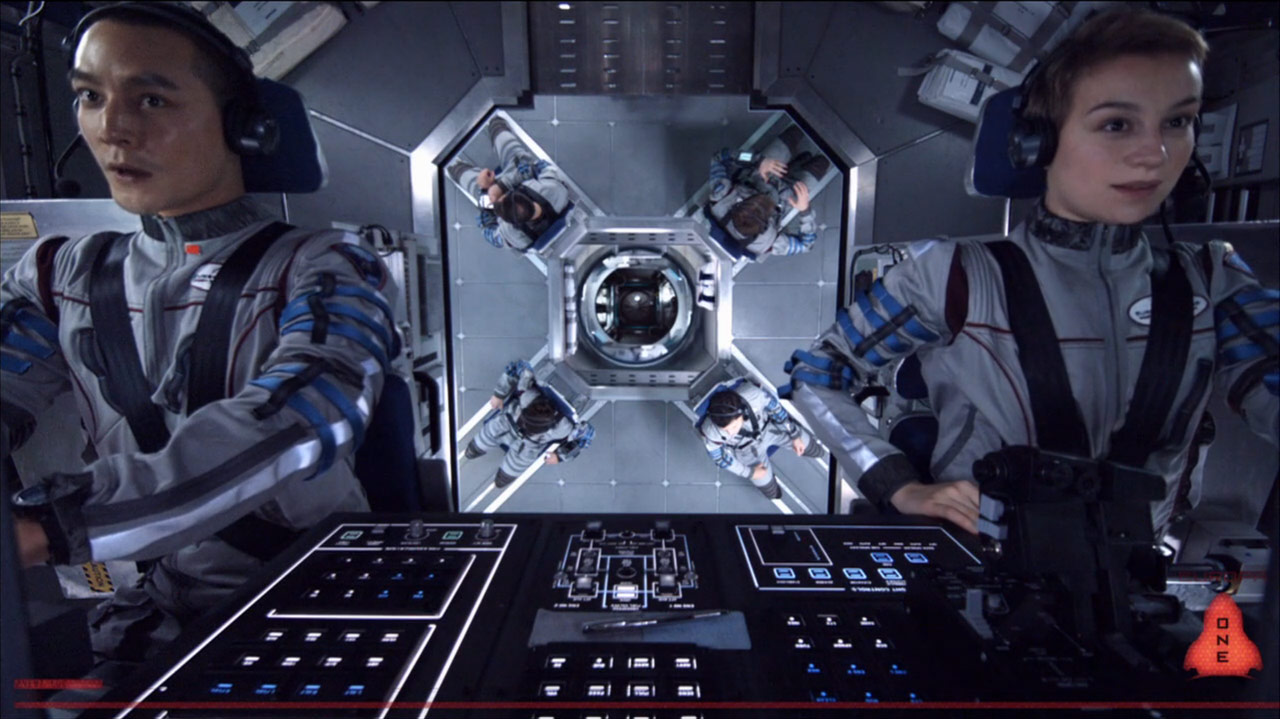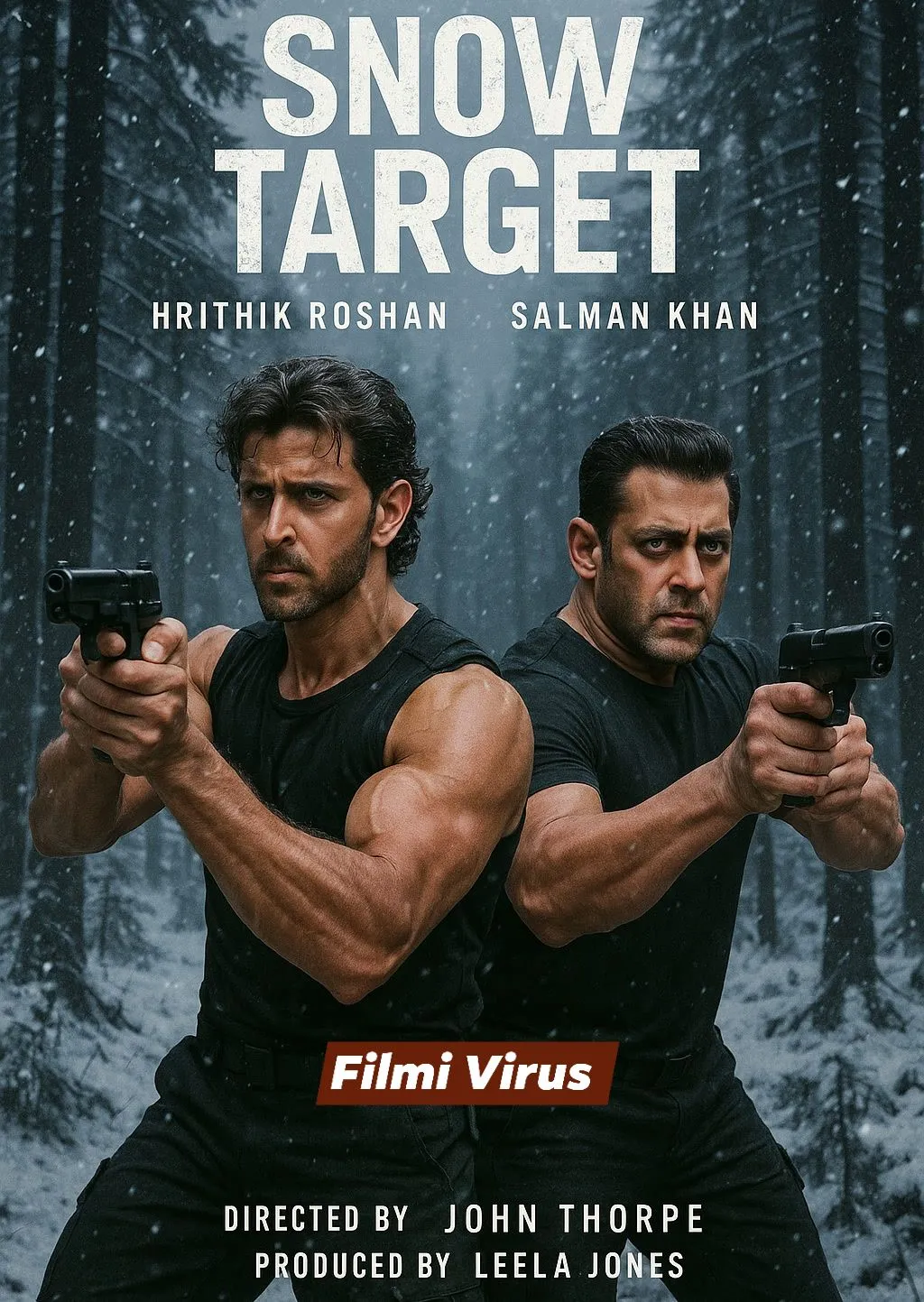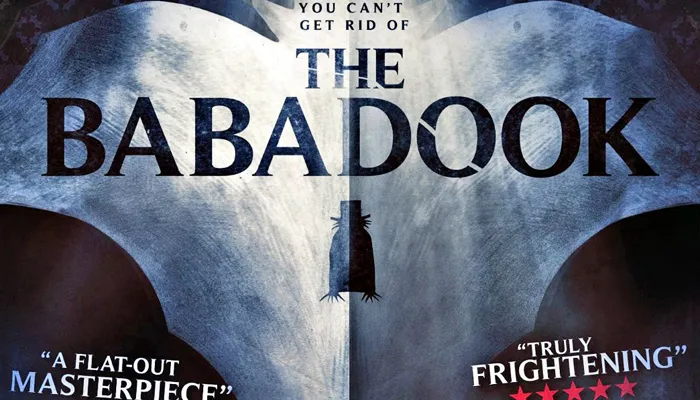Europa Report (2013): A Realistic, Tension-Filled Journey to Europa
Directed by Sebastián Cordero and written by Philip Gelatt, Europa Report is a cerebral science-fiction thriller that blends found-footage storytelling with grounded scientific realism. It follows a crew of six international astronauts on a privately funded mission to Jupiter’s moon Europa, where signs of extraterrestrial life have been detected beneath the icy surface. The film stands out in the sci-fi genre by emphasizing accuracy, restraint, and human resilience over spectacle.
The narrative is presented as a reconstruction of lost footage from the ill-fated mission, offering a mix of onboard video logs, surveillance-style camera angles, and interviews from mission control personnel. This approach adds a documentary-style realism, immersing viewers in a plausible near-future scenario where scientific discovery comes at a high cost.
From its opening, Europa Report establishes a meticulous tone. The spacecraft is designed with functional, utilitarian aesthetics. Attention is paid to physics—particularly in its depiction of weightlessness and communication delays. The technology aboard the ship feels authentic, evoking the spirit of actual space missions. The film’s modest budget is used effectively, with impressive visual effects and a minimal yet believable design that never overreaches.
Tension builds steadily throughout the film. After a solar storm disables communication with Earth, the crew is left isolated. The psychological strain, technical failures, and the harsh realities of deep-space exploration lead to a series of life-threatening events. Each setback increases the suspense, culminating in a final descent onto Europa’s surface that both fulfills and upends the mission’s scientific ambitions.

The emotional core of the story lies in the sacrifices made by the crew. Characters face harrowing decisions with quiet bravery—sacrificing themselves for the survival of others or the continuation of the mission. These moments are portrayed without melodrama, lending the film a poignant sincerity.
Performance-wise, the cast delivers grounded, understated portrayals. Sharlto Copley brings humanity and humor to his role. Anamaria Marinca offers a steady presence as the ship’s pilot. Michael Nyqvist, Daniel Wu, Karolina Wydra, and Christian Camargo round out a believable team of professionals united by curiosity and purpose rather than ego or conflict. Their cohesion reinforces the realism of the narrative.

While the film eschews traditional action or horror tropes, it still delivers a powerful climax. In its final scenes, the crew uncovers evidence of bioluminescent life beneath the Europan ice—an awe-inspiring moment tinged with dread. The closing moments, in which one remaining crew member sacrifices herself to transmit this discovery, are both tragic and hopeful.
Critically, Europa Report was praised for its intelligence, pacing, and dedication to plausibility. It doesn’t aim to thrill with explosions or aliens, but to explore the quiet heroism of science and the terrifying beauty of the unknown. Some viewers may find its slow pace challenging, but those looking for thoughtful science fiction will find it richly rewarding.


-1751854322-q80.webp)
